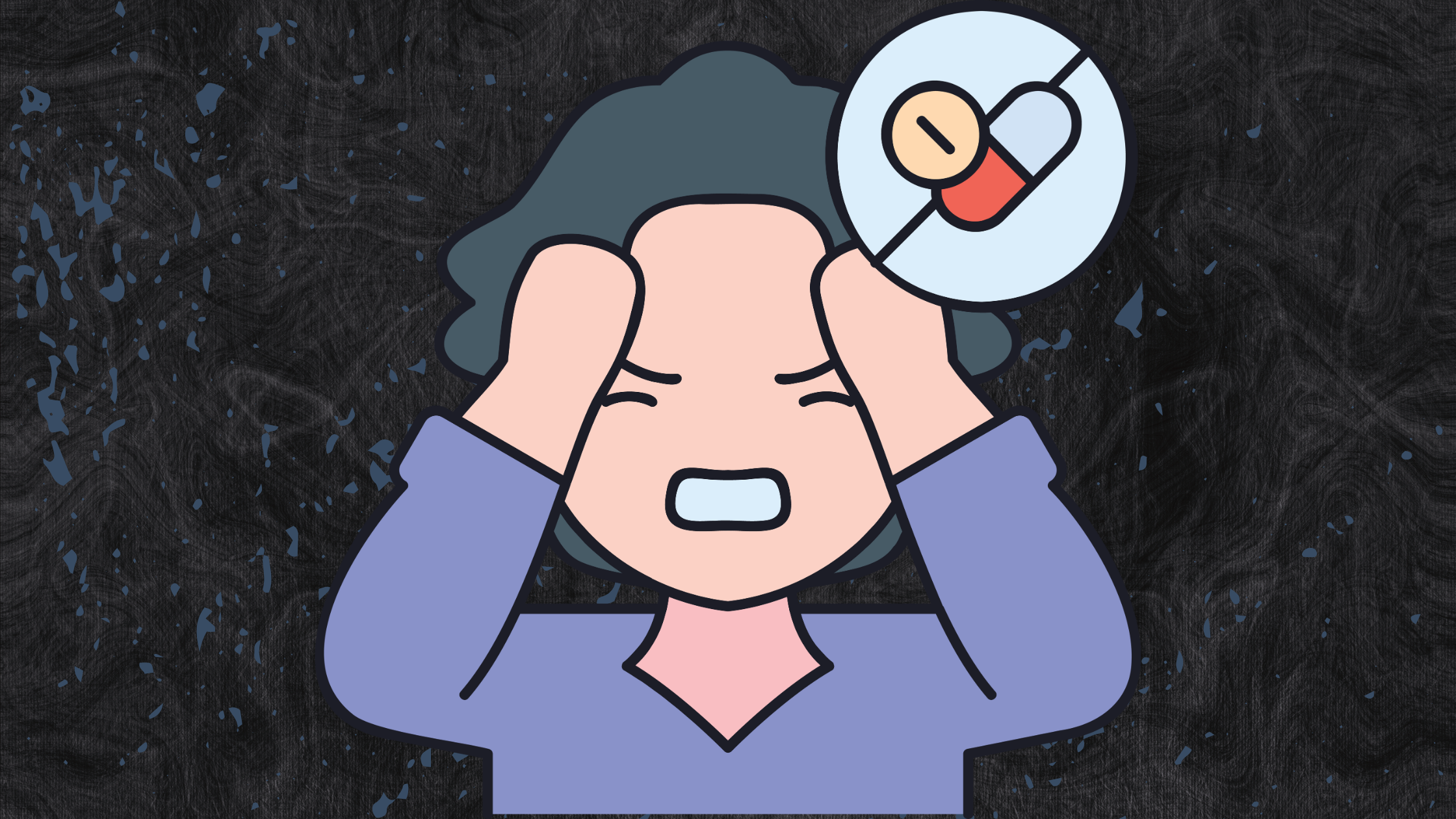
Sleep disturbances are among the most common—and frustrating—symptoms of drug withdrawal. Whether it’s caffeine, nicotine, opioids, or prescription medications, your body’s internal balance of chemicals and rhythms shifts dramatically when you stop using a substance to which it’s grown accustomed.
Understanding how withdrawal affects your sleep can help you prepare, cope, and recover more smoothly.
Why Withdrawal Disrupts Sleep
Your brain maintains homeostasis—a steady internal balance—by adjusting to the effects of substances. When that substance is suddenly removed, your body needs time to recalibrate neurotransmitters like dopamine, GABA, serotonin, and norepinephrine.
This rebalancing can lead to:
-
Insomnia or fragmented sleep
-
Vivid dreams or nightmares
-
Restlessness and anxiety
-
Daytime fatigue
-
Changes in circadian rhythm
Essentially, your brain is re-learning how to sleep without chemical assistance.
Common Withdrawal Patterns by Substance
1. Stimulants (Caffeine, Nicotine, Cocaine, Amphetamines)
Stimulants boost alertness by increasing dopamine and norepinephrine. During withdrawal, these neurotransmitters crash, leaving you feeling sluggish and sleep-deprived—but paradoxically, sleep can remain elusive due to restlessness and agitation.
2. Alcohol
Alcohol suppresses REM sleep. When you stop drinking, the body overcompensates with REM rebound, causing vivid dreams or nightmares. It may take weeks for sleep patterns to normalize.
3. Sedatives or Benzodiazepines
These substances enhance GABA, the brain’s calming neurotransmitter. Withdrawal can lead to hyperarousal, anxiety, and insomnia as GABA levels plummet. This is one of the more difficult withdrawals for sleep stability.
4. Opioids
Opioid withdrawal often causes muscle aches, anxiety, and dysregulated sleep cycles. Sleep may remain fragmented for weeks, even after physical symptoms resolve.
5. Cannabis
Many people report vivid or disturbing dreams after stopping cannabis, especially long-term users. Cannabis suppresses REM, so stopping it brings intense dream rebound.
How to Improve Sleep During Withdrawal
1. Establish a Consistent Routine
Wake and sleep at the same times daily. Your body needs rhythm to rebuild its circadian clock.
2. Focus on Relaxation
Gentle stretching, deep breathing, and progressive muscle relaxation can help calm hyperactive nerves.
3. Avoid Caffeine and Screens Before Bed
Your system is already overstimulated; cutting out external stimulation can aid recovery.
4. Stay Physically Active
Exercise during the day supports dopamine regulation and helps tire your body naturally.
5. Eat Balanced Meals
Withdrawal can deplete nutrients like magnesium and B vitamins that support restful sleep.
Patience Pays Off
Sleep problems are one of the last withdrawal symptoms to resolve—but they do improve. Over time, your brain reestablishes normal neurotransmitter rhythms, leading to deeper, more consistent rest. If insomnia persists for more than a few weeks, consult a healthcare provider for short-term, non-addictive sleep support.
If you or someone you know struggles with sleep, please click the orange button below to take a free online sleep test and talk with one of our sleep health professionals.

